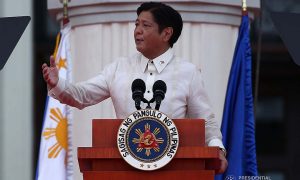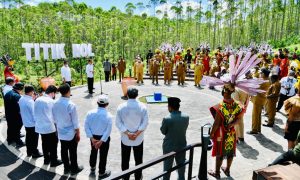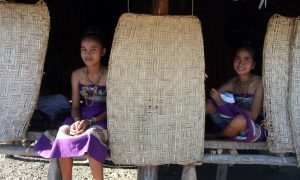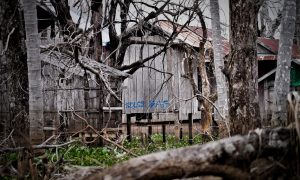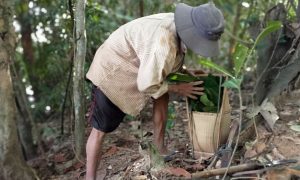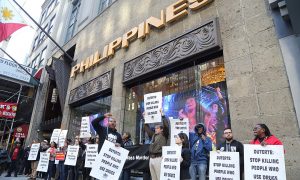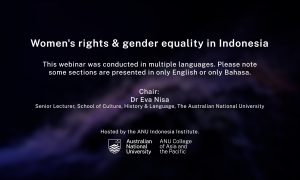A focus on issues and dynamics that can be expected to define his presidency.
Archives
A new capital city for who? Central-local tensions in Indonesia
A lack of coordination between state actors and a lack of acknowledgment between state and society undermines the new capital project.
The life and times of an Unesco convention in Timor-Leste
Intangible Cultural Heritage processes carry a structure whose rigidity is out of place with the subject matter.
Our Grandfather Road—The (gendered) body & place in contemporary Southeast Asian art
Against monolithic narratives of womanhood, nationhood, regionalism; emphasising body & environment.
Civil society in the Mekong: What can we learn from environmental struggles?
As political space contracts, the role for informal networks or coalitions expands.
Campaigns, criminalisation and concessions: indigenous land rights in Cambodia
All Cambodians suffer from natural resources exploitation, but indigenous peoples' social, cultural and economic ties are deeply ingrained in forests
New Books on Southeast Asia: Chris Baker on “A History of Thailand”
This new edition contains a new chapter on Thailand's turbulent politics since 2006 and incorporates new sources and research throughout.
“Mandatory” deaths for the poor, get out of jail free card for the rich in Asia
The fact that dirty money needs to be cleaned provides opportunities for law enforcement agencies in ASEAN to collectively monitor drug lords and drug traffickers.
Women’s rights & gender equality in Indonesia: watch now
Marking International Human Rights Day in 2021, this discussion on women’s rights and gender equality in Indonesia examined the achievements and challenges equality in political, economic and social fields.
Hari Tani Nasional: A forum hosted by the ANU Indonesia Institute
What are the most important policy problems facing rural Indonesia, and what can researchers do about them?
A Forum: Bongbong at the Helm
...a focus on issues and dynamics that can be expected to define his presidency.
New Books in Southeast Asian Studies: Supalak Ganjanakhundee on “A Soldier King”
...how far can earlier interpretations of Thai politics be adapted to explain the growing influence of the monarchy...
 Facebook
Facebook  Twitter
Twitter  Soundcloud
Soundcloud  Youtube
Youtube  Rss
Rss 